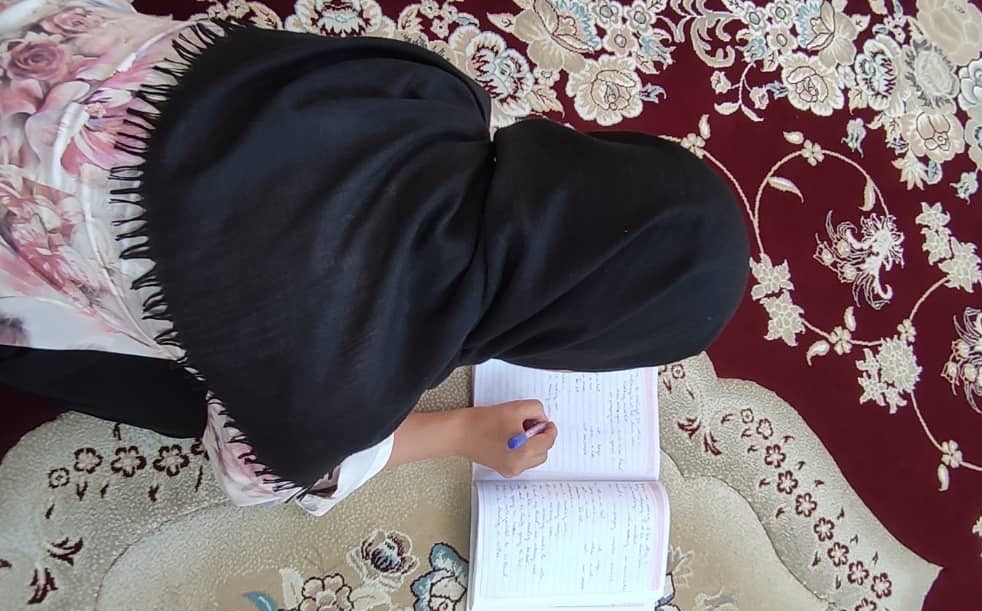
Swiss government to deport rejected asylum seekers from Afghanistan

The State Secretariat for Migration (SEM) is changing its asylum policy for men from Afghanistan. Single men with rejected asylum applications can now be deported to Afghanistan under certain circumstances.
+ Get the most important news from Switzerland in your inbox
In certain cases, a return to Afghanistan is reasonable, the SEM announced on Thursday. The SEM is basing this adjustment to its deportation policy on current situation analyses. According to these analyses, the security situation has improved significantly compared to the time when the radical Islamist Taliban took power. The analyses also attested to a slight improvement in the socio-economic situation.

More
How distance learning keeps Afghan girls’ education hopes alive
The State Secretariat still assumes that deportation to a state ruled by the radical Islamist Taliban is generally unreasonable. However, deportation is possible for non-vulnerable men if there are “favourable factors”.
According to the SEM, this means that a rejected asylum seeker is living in Switzerland without family, is healthy and of legal age. In addition, there must be a stable and viable network of relationships in Afghanistan on which a returned asylum seeker can rely for social and professional reintegration.
Women, families, minors and people with health problems are not affected by repatriations, as the SEM goes on to say. If they are not granted asylum or if no other Dublin state is responsible for their asylum procedure, Switzerland generally accepts them on a temporary basis.
What is your opinion? Join the debate:
Translated from German by DeepL/jdp
This news story has been written and carefully fact-checked by an external editorial team. At SWI swissinfo.ch we select the most relevant news for an international audience and use automatic translation tools such as DeepL to translate it into English. Providing you with automatically translated news gives us the time to write more in-depth articles.
If you want to know more about how we work, have a look here, if you want to learn more about how we use technology, click here, and if you have feedback on this news story please write to english@swissinfo.ch.

In compliance with the JTI standards
More: SWI swissinfo.ch certified by the Journalism Trust Initiative

























You can find an overview of ongoing debates with our journalists here . Please join us!
If you want to start a conversation about a topic raised in this article or want to report factual errors, email us at english@swissinfo.ch.